
Two portable JBL speakers are on sale at Amazon for all your summer needs
As of May 16, two portable JBL Bluetooth speakers are on sale at Amazon for
2023-05-16 23:51

Max Verstappen tells Toto Wolff to focus on Mercedes after snipe at record win
Max Verstappen has told Toto Wolff to focus on his own team after he called the Dutchman’s record winning streak “completely irrelevant” and “for Wikipedia”. Red Bull’s Verstappen became the first driver in Formula One’s 73-year history to win 10 consecutive races following his triumph at the Italian Grand Prix earlier this month. But moments after Verstappen’s landmark win, Mercedes team principal Wolff said: “For me, these kinds of records are completely irrelevant. Those numbers are for Wikipedia and nobody reads that anyway.” George Russell and Lewis Hamilton crossed the line a distant fifth and sixth respectively for Mercedes at Monza’s Cathedral of Speed. And when asked ahead of this weekend’s Singapore Grand Prix for his reaction to Wolff’s unflattering appraisal, Verstappen said: “I mean, they (Mercedes) had a pretty s*** race, so he was probably still p***** off with their performance.” Poking fun at what Verstappen perceives to be an obsession with Red Bull, he continued: “He almost sounds like he’s an employee of our team, but luckily he is not. It’s just important that you focus on your own team. That’s what we do and that’s what we did in the past when we were behind them and when they were dominating. It worked as a kind of inspiration. “You should be able to appreciate when a team is doing really well. To see someone that dominant – it was very impressive at the time – and we knew that we just had to work harder, try to be better, and try to get to that level. And now that we are there, we are very happy, and we are enjoying the moment.” Verstappen, now a victor at 12 of the 14 rounds so far, has not lost a race since the Azerbaijan Grand Prix on April 30, while his Red Bull team remain unbeaten this year. But the Dutch driver has never won in Singapore and last season he finished only seventh. And Verstappen fears the high-downforce, low-speed nature of the Marina Bay Circuit could play into the hands of his rivals. “We are not as competitive here as other tracks,” said Verstappen. “The streets are a little bit tougher for our car. We can do a good job, but it will be very tight. “So, I want to try and continue that streak, but I know there will be a day that that stops. Normally, Singapore is a bit more of a risk and more chaos, but we are here to win. “I never really looked at winning eight or nine, 10 races in a row. I just want to do the best I can. And every weekend is basically the same in terms of the pressure I put on myself to try and get the best result so nothing really changes.” Read More Charity boss speaks out over ‘traumatic’ encounter with royal aide Ukraine war’s heaviest fight rages in east - follow live On this day in 2021: George Russell joins Lewis Hamilton at Mercedes Ferrari’s Carlos Sainz gets goosebumps after landing pole for Italian Grand Prix Carlos Sainz’s pace in practice gives Ferrari fans hope for Italian Grand Prix
2023-09-14 21:55

45 TV shows we can't wait to watch this summer
There's no doubt about it: 2023 marks a sizeable shift in the TV landscape. Popular,
2023-05-10 17:58

At last, you can play tennis with a robot
Meet Esther the first ever human scale tennis playing robot. Robots have been introduced into
2023-06-15 21:48

In Ecuador, animal tattoos take on dangerous gang stigma
In gang-ridden Ecuador, people who sport popular animal tattoos such as tigers or eagles are increasingly forced to hide their ink as such symbols have...
2023-11-01 09:52
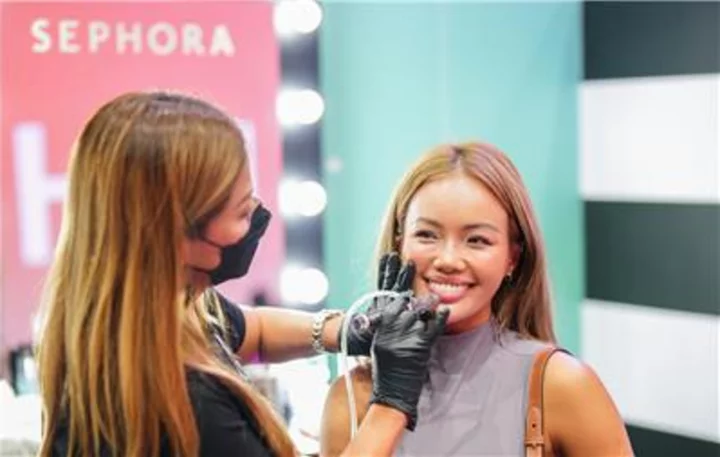
BeautyHealth Expands In-Store Hydrafacial Treatments to Sephora Australia
LONG BEACH, Calif.--(BUSINESS WIRE)--Aug 24, 2023--
2023-08-24 20:28

F2 champion Felipe Drugovich to feature for Aston Martin at Italian Grand Prix
Formula 2 champion Felipe Drugovich will replace Lance Stroll for first practice at this weekend’s Italian Grand Prix. Brazilian driver Drugovich, who joined Aston as a test and reserve driver after winning the F2 championship last year, will take one of Aston’s prerequisite rookie practice slots at Monza. Drugovich has happy memories of Monza as it was the track where he clinched the F2 title last year. It will be the 23-year-old’s second taste of action behind the AMR23, having previously filled in for Stroll during pre-season testing in Bahrain after the Canadian injured his wrists a few weeks before the 2023 season. “The car felt great when I drove it in pre-season testing and it will be fascinating to feel how it has improved since then,” said Drugovich. “I’ve spent a lot of time in the simulator helping to develop the car so understanding how that correlates to the real thing will be super valuable for me too. “It’s also a fantastic opportunity for me to demonstrate what I’ve learnt through my testing programme. Since Bahrain I’ve done many more miles in an F1 car so I have an even better understanding of how I can deliver valuable feedback for the team.” All 10 teams are required to fill one FP1 slot per season with a rookie opportunity per car. Robert Shwartzman replaced Carlos Sainz for Ferrari last week in Zandvoort. Aston Martin team principal Mike Krack added: “We are delighted to provide Felipe with another opportunity to drive the AMR23. “He demonstrated his capabilities in pre-season testing, with a vital contribution to the team’s initial development of the car. “Monza will offer another chance for Felipe to work closely with the engineers and mechanics and build his confidence in a Read More Max Verstappen’s achievements are still underestimated, says rival Toto Wolff insists George Russell’s loss of form is a ‘myth’ Toto Wolff insists George Russell’s loss of form is a ‘myth’ Christian Horner hails ‘untouchable’ Max Verstappen as best driver in the world Lewis Hamilton says ‘totally wrong’ weather forecast cost Mercedes a podium spot
2023-08-29 21:49
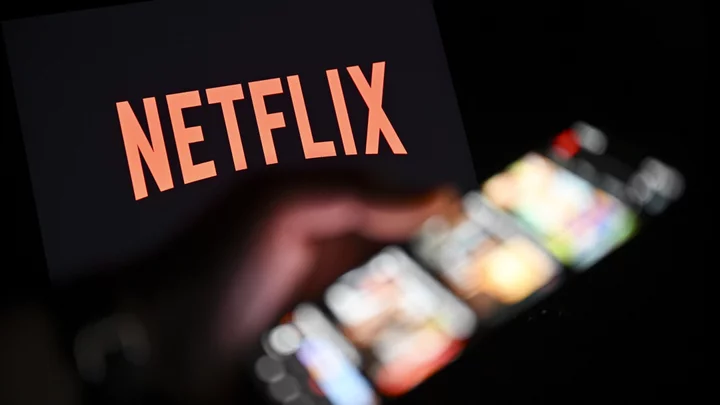
Netflix Is Raising Prices Again, But Only for 2 of Its Plans
Brace yourselves: Another Netflix price hike is here. In a Wednesday earnings report, Netflix announced
2023-10-19 06:24

Teens love Apple products — except for this one, according to a new survey
The teens love Apple — unless it's time to listen to music. A new survey
2023-10-11 23:46
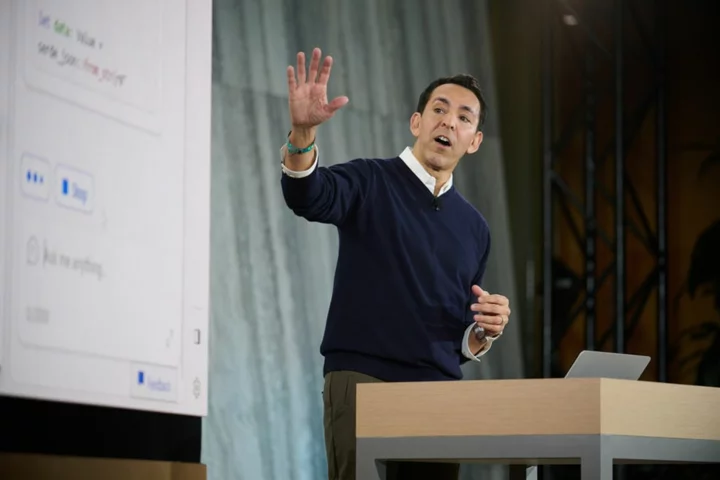
Microsoft VP Yusuf Mehdi sheds light on the Bing/Google rivalry
If you're thinking Microsoft is trying to make you change your go-to search engine from
2023-05-25 04:56
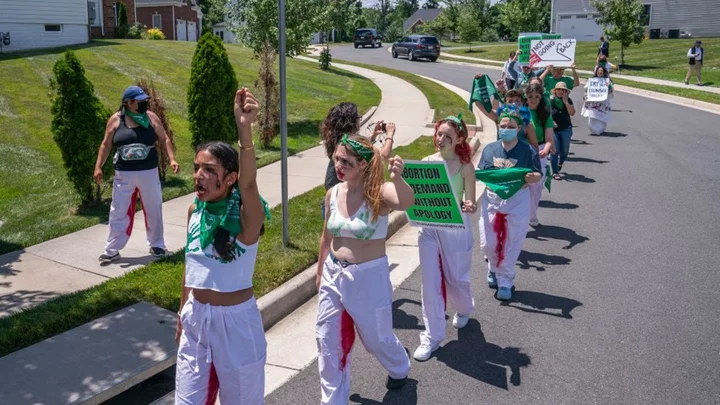
Abortion: Pressure grows on Virginia as new bans arise in the south
Virginia could become the only southern state to allow abortions after 12 weeks of pregnancy.
2023-05-19 07:51

'Quordle' today: Here are the answers and hints for July 9
If Quordle is a little too challenging today, you've come to the right place for
2023-07-09 07:23
You Might Like...

'Quordle' today: Here are the answers and hints for October 7, 2023
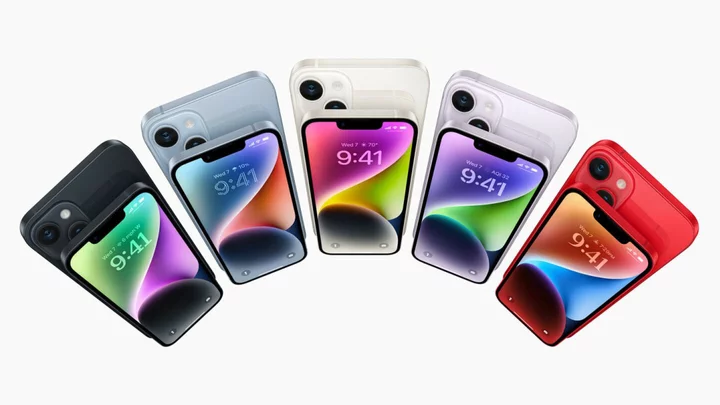
Apple's iPhone 15 might come in glorious pink color

Rhodes fires: Thousands forced to flee 'disaster film' wildfires

Business Lunches Are Back in New York, Chicago as Pandemic Fades

'Riddle of Fire' review: A dreamy fantasy adventure with 'Goonies' flair
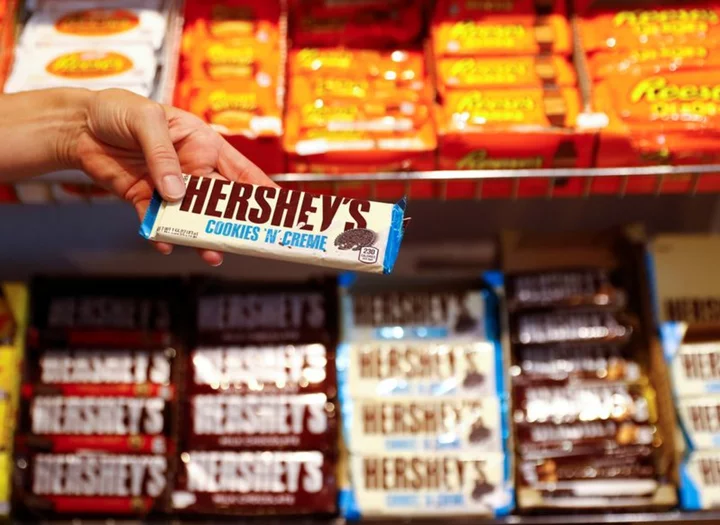
Hershey sweetens annual profit forecast even as demand wavers

'Black Lives 4 Palestine': US activists find common cause

New 'Barbie' clip reveals why there's only one Allan
